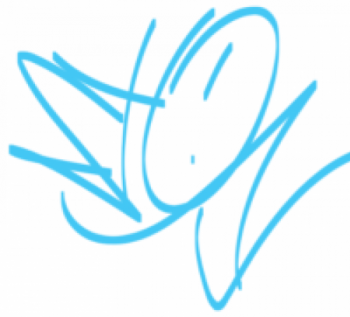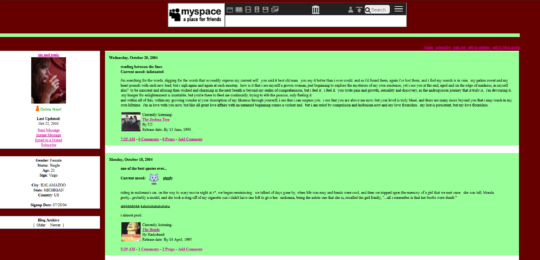Firefox has 2.5 million lines of code, Windows XP has 44 million of it, without data or software a computer is empty. Once new versions of browsers and operating systems greet the world, more code gets layered into new lines of output.
And that output can get lost in cyberspace, since it’s mostly privately owned companies who cover large chunks of code who then either go bankrupt or it’s owners care less about concepts of preservation.
Dragan Epenscheid, media artist and Digital Conservator at Rhizome, talked about “The Preservation of Net Art as Resistance to Digital Industrialism” at this years transmediale, as another media form where achives have the potential to produce amateur, private and new, new media.
As a way to shed light into our data being remixed and decontexualized without our knowledge, net art can play with the idea of what actual code is being contributed. Dragan pointed to forms of decontexualized data at tumblr; when you post new content, you’re asked to make the choice whether you’re posting a chat or text, yet is there a difference?
The question of what actual code is being contributed reminds me of business models that contribute money for money in return. What is actually being contributed to the human race? Or what happens when the storing value for rights to future payments keeps getting postponed? It’s refreshing to be at transmediale with curious code minds.

